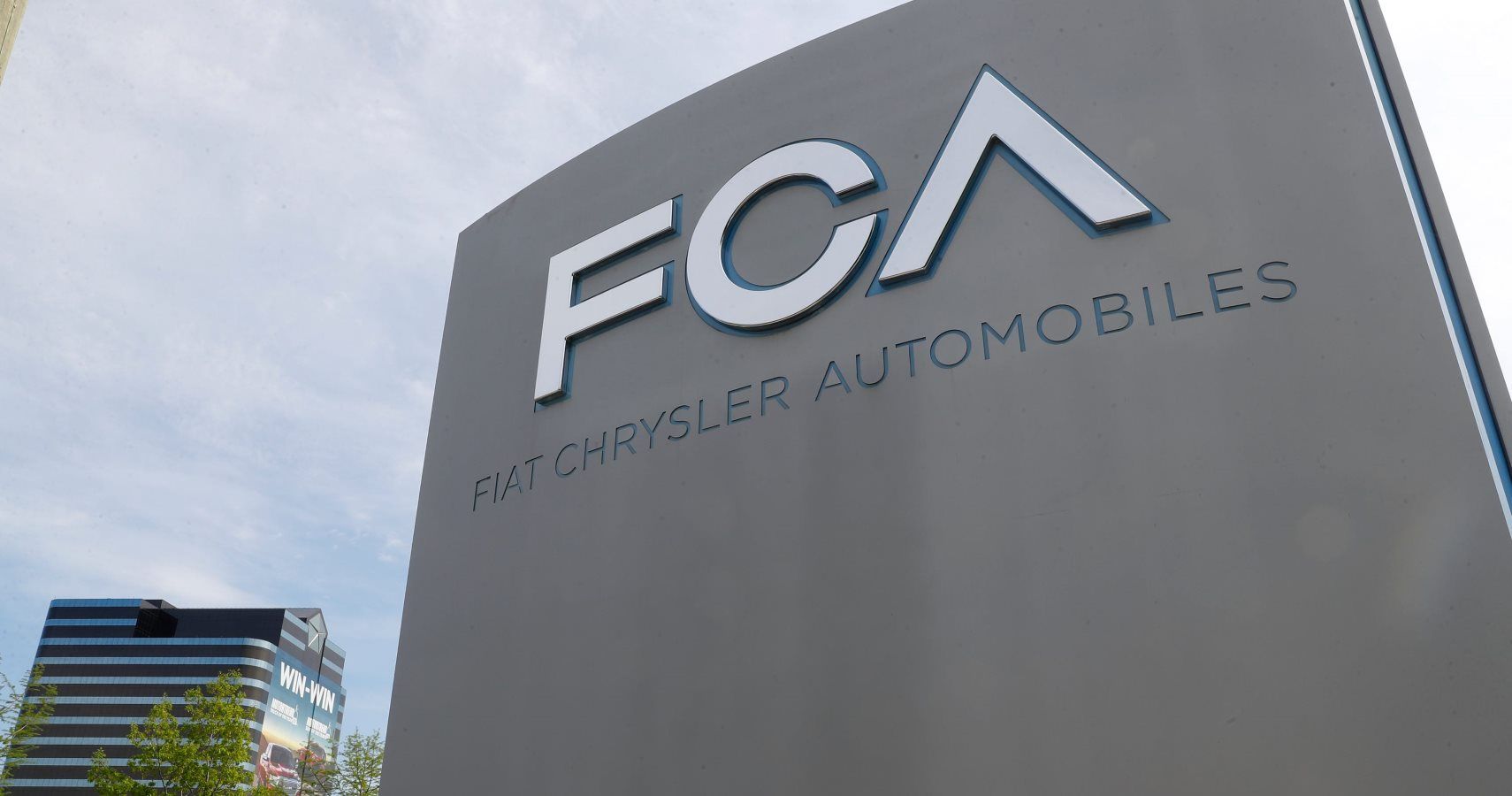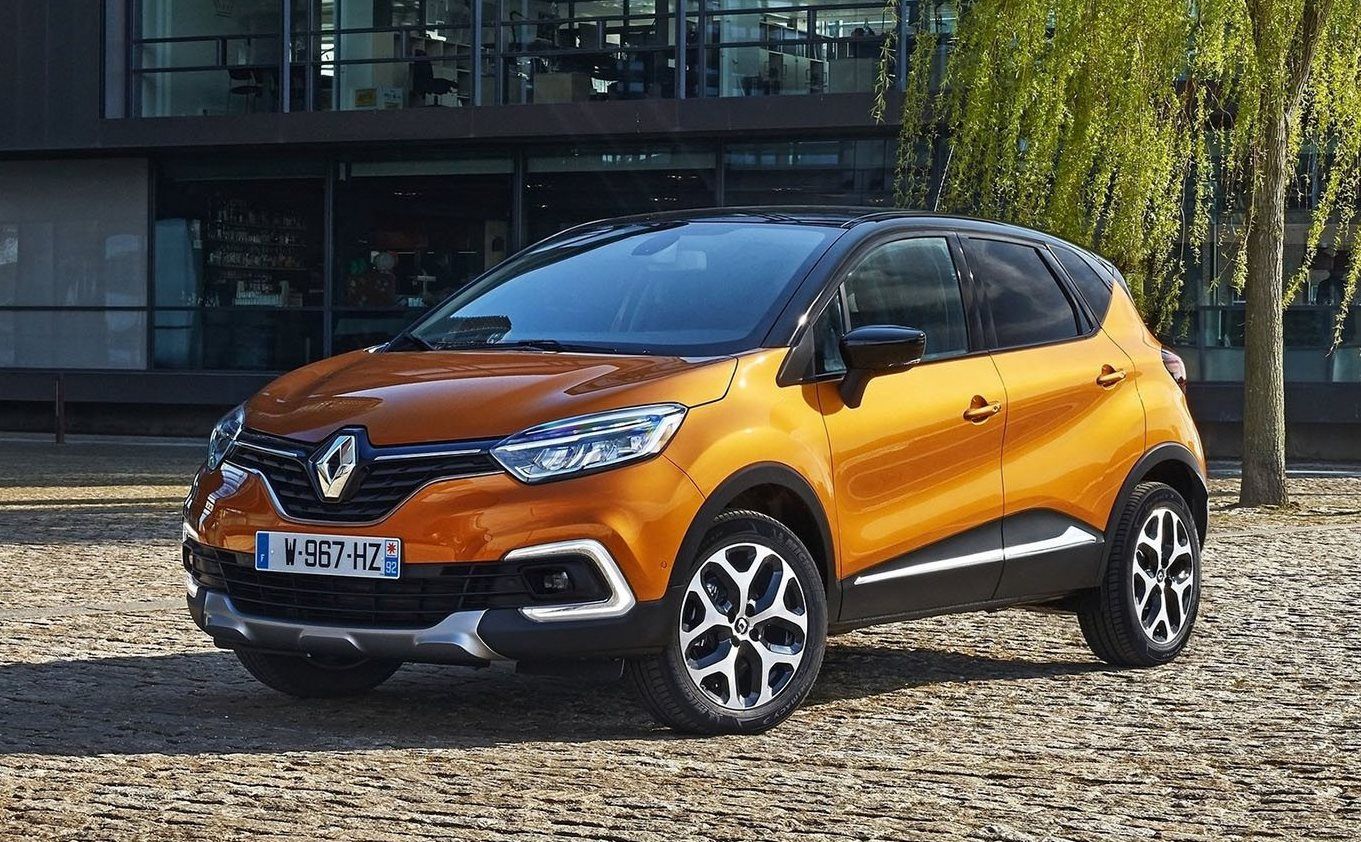The proposed merger between Fiat Chrysler and French carmaker Renault has been called off.
As quickly as it arose, the merger between FCA and Renault is no more. Fiat Chrysler has officially rescinded its offer to merge with the French carmaker amidst unclear “political conditions” in France, although sources close to each company report that it is actually Nissan that might have tanked the deal.
FCA proposed an official merger with Renault at the end of May, offering a 50/50 share split and billions in synergies between the two companies. It was a good fit, as neither company really competed in the other’s markets and it would allow them to share the cost of developing next-generation electric powertrains and autonomous vehicle software.
But the proposed deal was never going to be a simple matter. Renault is part of a global alliance with both Nissan and Mitsubishi, with both Japanese carmakers uneasy of what FCA’s sudden inclusion would mean. Nissan owns 14% of Renault’s shares and has several members on Renault’s board, making their buy-in essential to a merger.
France also made Nissan’s approval a condition of their support. Without Nissan’s approval, France would have withdrawn their support for the merger as well.
According to a report from the Wall Street Journal, a vote was called earlier Wednesday evening that would determine whether the companies merge. Two Nissan representatives on the Renault board of directors abstained from the vote, indicating trepidation from the Japanese carmaker.
Sources within both companies said that FCA and Renault took it as a sign that Nissan might back out of the 3-way global alliance if the merger were to proceed. France proposed a delay on the vote to get an official decision from Nissan, but rather than wait, FCA withdrew their proposal and walked away from negotiations.
"FCA remains firmly convinced of the compelling, transformational rationale of a proposal that has been widely appreciated since it was submitted, the structure and terms of which were carefully balanced to deliver substantial benefits to all parties,” reads an official statement from FCA. “However it has become clear that the political conditions in France do not currently exist for such a combination to proceed successfully."
Blaming France appears to be a better excuse than blaming Nissan as it would allow the Japanese carmaker to change its mind in the future, although that seems doubtful at this point.


